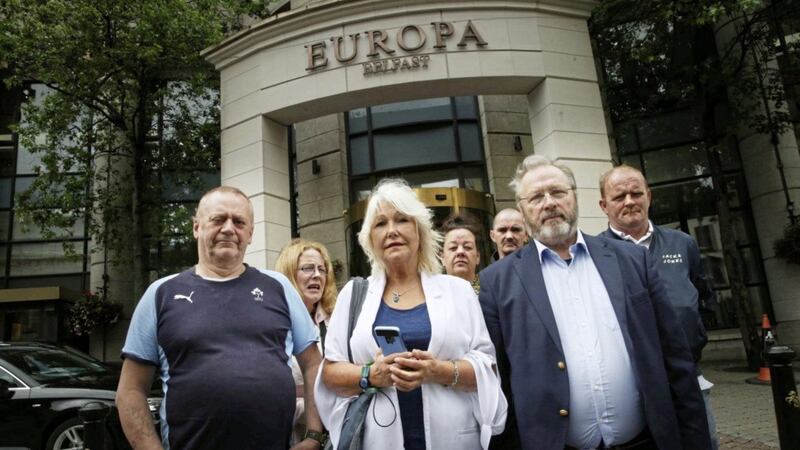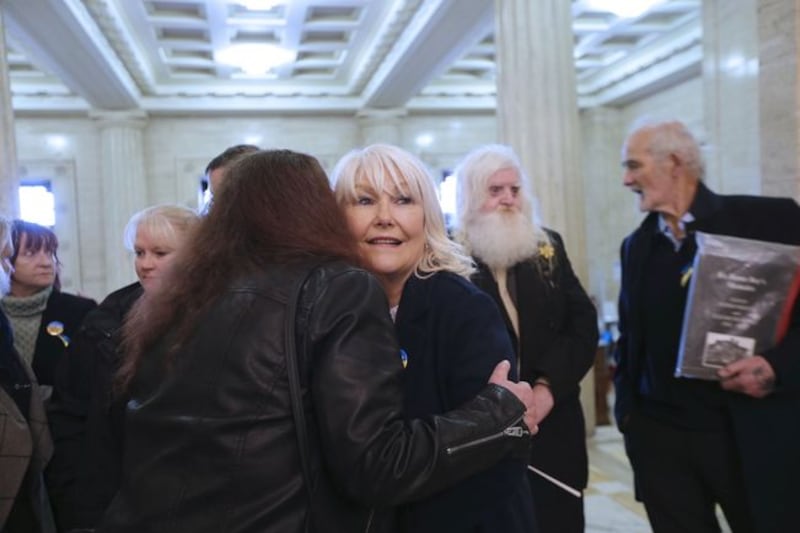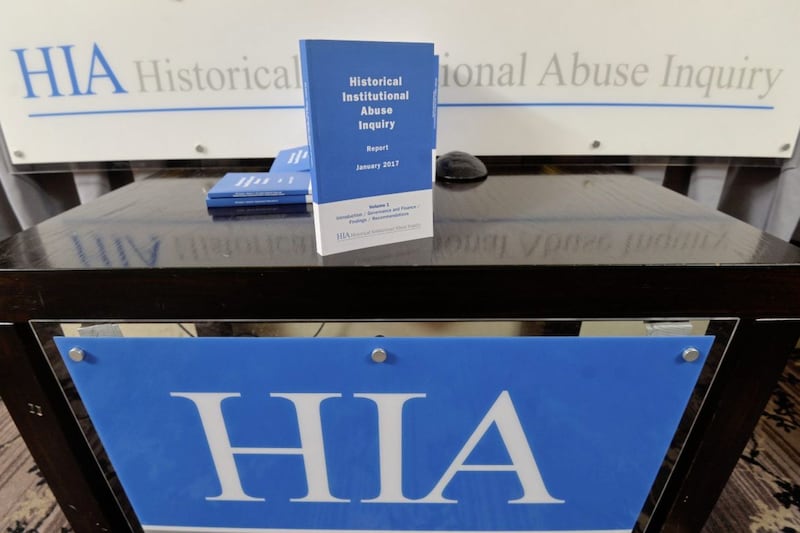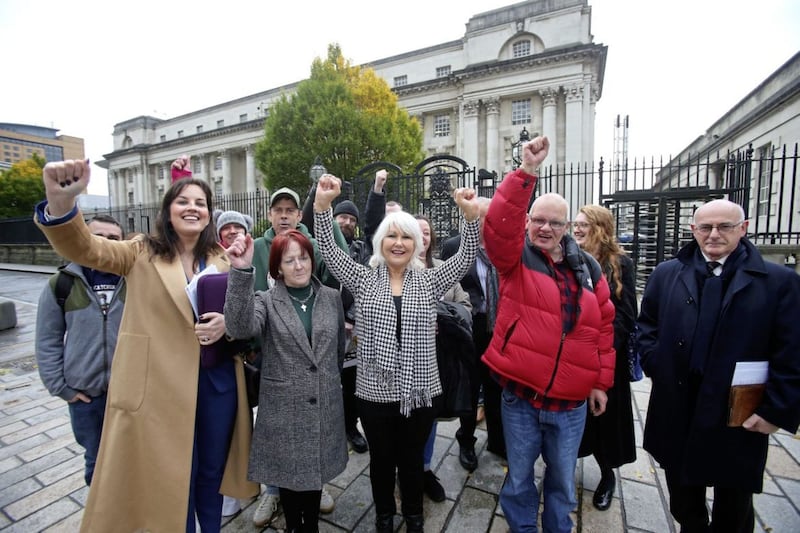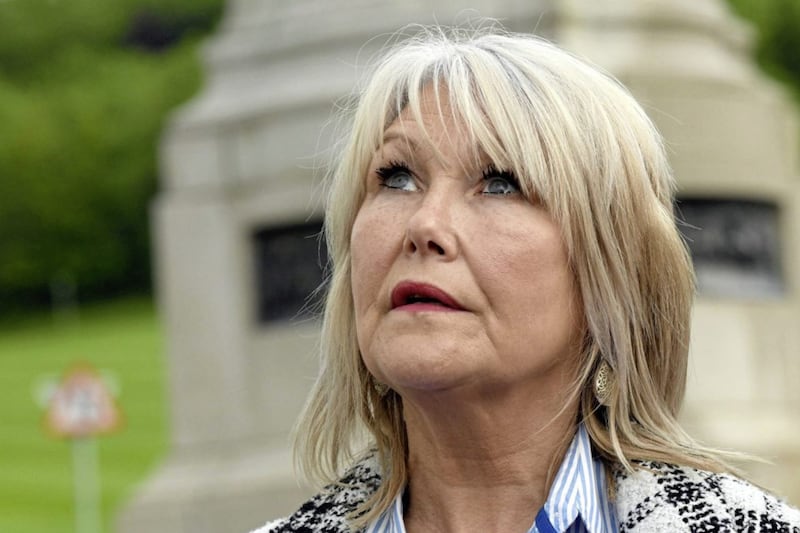VICTIMS of institutional abuse have hit out at potential further delays in compensation, saying they may boycott the process.
Survivors had expected that arrangements for compensation would be progressed at Westminster due to the continuing impasse at Stormont.
The head of the civil service, David Sterling, had requested that former Secretary of State Karen Bradley take the legislation through parliament.
Shortly after she was replaced as secretary of state, Mrs Bradley pushed Prime Minister Boris Johnson to commit to delivering for institutional abuse victims.
But victims said a letter from her successor Julian Smith suggested the British government is waiting to see if power-sharing at Stormont can be restored before moving on the legislation.
"The UK government has made a commitment to introduce HIA (Historic Institutional Abuse) legislation by the end of the year if there is no NI Executive restored," he wrote in a letter to victims earlier this week.
Members of Survivors and Victims of Institutional Abuse (Savia) met interim victims’ advocate Brendan McAllister in Belfast yesterday after he formally took up his post on Monday.
Margaret McGuckin, from Savia, said she was concerned after the meeting about the possibility of new amendments to the legislation, which would delay redress payments further.
"We are considering boycotting this whole thing," she said.
"After that meeting I’ve never felt as bad."
In its final report published in January 2017, the Historical Abuse Inquiry recommended compensation payments, an apology and care packages for victims.
Ms McGuckin said she was troubled that victims still did not have adequate access to counselling services.
"We know that our needs aren’t being met," she said.
"How many meetings do we need to have?"
She said victims were also alarmed by suggestions in the meeting that a redress scheme may not be set up for two years.
"This is going nowhere," she said.
"With the greatest respect how much more time do we need?"
Ms McGuckin hit out at confusion over when the legislation will be introduced and said it could be delayed by the Stormont talks, Brexit discussions and the possibility of a general election.
Savia has requested a meeting with Mr Smith to address victims’ concerns.
Solicitor Claire McKeegan, who represents Savia, also attended yesterday’s meeting.
"It is unacceptable that the government should prevaricate on the outstanding issue of redress any longer," she said.
